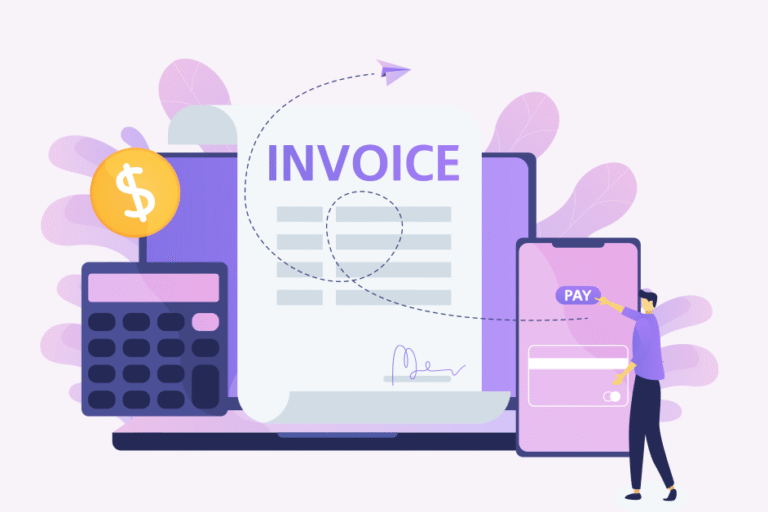
Time Tracking for Lawyers: 4 Reasons to Stop Using Excel
06/15/2021 By Andrew McDermott
Time tracking for lawyers should be effortless. Many rely on Excel spreadsheets to track their time and are accustomed to this method. However, using spreadsheets to track time has hidden business and revenue implications.
Why law firms using excel lose money
The problem with using spreadsheets to track time is the increased opportunity for human error. Benjamin Lieber, Managing Partner at Potomac Law Firm talked about what time tracking for lawyers is like when spreadsheets are used:
“Lawyers would send me their time every month by email and would come in all different formats and all different conventions and levels of granularity. And even the units would vary somewhat. Some would use a tenth of an hour or some would use quarter hours, some would use a third of an hour; it was a mess…”
This can be a common scenario for law firms using spreadsheets as their form of time tracking. Here is why this can cause problems:
- Lawyers end up spending too much non-billable time on their timesheets
- Managing partners lose a tremendous amount of non-billable time deciphering attorney timesheets
- Law firm utilization and productivity rates plummet
- Firm-wide standards aren’t enforced or clearly identified
- Managing partners are so busy wrangling spreadsheets that they don’t have the time needed to address the problem with their timekeepers
Research shows lawyers are paid for less than 30 percent of their day.
Laywers today are running themselves into the ground, doing everything they can to meet the crushing standards set by firms, who are also struggling to contend with competitors.
Here’s the problem with spreadsheets. Your spreadsheets, whether it’s Microsoft Excel, Google Sheets or Open Office Calc come with a specific set of problems.
- Skill set. Do your employees have the necessary skills needed to use the spreadsheets properly? It’s important for your law firms time tracking practices easy and intuitive.
- Human Error. If you don’t track your time minute-by-minute, it can be easy to forget how long it actually took you to complete your work. Additionally, spreadsheets are easy to manipulate and built-in equations can be distorted.
- Inconsistent standards. The way one attorney tracks time, may vary from another. This can cause inconsistency in time tracking and hurt billing.
- Billable leakage due to delayed time entries, creating a case of over-billing, lost revenue and an increase in non-billable work. Research shows spreadsheets, when combined with non-billable work, produces an average loss of $86,294 to $106,294 per person, per year.
Your firm has multiple clients. This means multiple spreadsheets for each client or one master spreadsheet. To complicate things even further, each associate has their own copy of the time tracking spreadsheet. One or more of your timekeepers continue to make new copies of this spreadsheet.
Who has the most up-to-date copy? Did the other timekeepers working on a client matter download your most recent spreadsheet? If they didn’t, and they added their time to an old spreadsheet your most recent work is missing. The 40 hours of work you spent on your client’s matter is now gone.
Advantages of Time Tracking Software
The solution to eliminating spreadsheets is time tracking software. Software like Bill4Time, takes the guess work out of tracking, managing and deciphering lawyers timesheets. This results in more time for attorneys to focus on their work and decreases the changes of hidden revenue leakage at your law firm.



